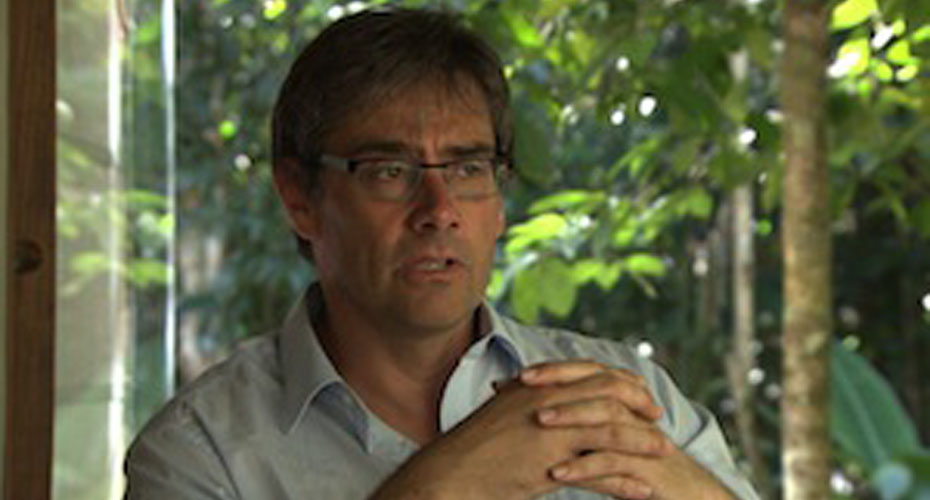2024 Climate and Environment Emergency
Challenge Overview
This challenge is now complete. Challenges for June 2025 will be announced in January 2025.
The Climate and Environment Emergency is one of the gravest existential threats facing the planet. This exciting and thought-provoking challenge has run very successfully for a number of years and will be proposed with a few new topics in 2024, that will explore technological, ecological, political and societal challenges associated with the CEE.
Last year included external speakers from world-renowned climate communication experts and a ding-dong Punch and Judy style debate by three senior University of Exeter academics on the relative merits of mitigation, adaptation, or something more radical. The finale was a Dragon’s Den/the Apprentice-style mash-up where students presented their findings to an esteemed panel of climate experts. This year the panel will include luminaries such as Dame Julia Slingo OBE (former Met Office Chief Scientist) and Prof Peter Stott MBE (author of the book “Hot Air: the Inside Story of the Battle Against Climate Change Denial”).
Students will consider a range of urgent topics such as Climate Solutions, Our Response to the Climate Emergency, Water Resources in the Climate and Environmental Emergency, Sustainable Finance.
This challenge will be run on Streatham Campus.
Enquiry Groups
Enquiry groups are the subtopic of the challenge that students will focus on for Grand Challenges Week. These are the enquiry groups that will be run on the Climate and Environment Emergency Challenge in June 2024:
This enquiry group area will investigate ‘solutions’ to the climate emergency. These solutions are frequently categorised into mitigation, adaptation, and geoengineering. Should we ameliorate the impacts of climate change by aggressive mitigation strategies that rapidly decarbonize the global economy? What sort of policies, regulations and technologies should be prioritised? On the other hand, given the expected levels of climate change, what should our adaptation strategies be? Where should our efforts be focussed and what about compensation for the worst effected regions? Given the difficulties in obtaining agreements on mitigation evidenced in the COP26, should we look at alternate strategies such as brightening the planet? If so, which technologies could be used? These are the sort of questions that the ‘Climate Solutions’ enquiry area of the Climate and Environment Emergency Grand Challenge will seek to answer.
The University of Exeter has published a detailed proposal and plan to get to carbon neutrality in response to the environment and climate emergency. This includes targets to reduce our direct emissions from electricity and gas usage to zero by 2030. This is an incredibly challenging target. How could we achieve that? What should be our response to enforcing this pledge? And how should the University be responding to the environmental crisis that is resulting in polluted and biologically impoverished land and seascapes?
“Water, water, everywhere, Nor any drop to drink.” (S.T. Coleridge, The Rime of the Ancient Mariner)
Along with air, food and shelter, water is one of the fundamental necessities of life yet water resources are under increasing pressure as the global population booms. Did you know that you use 150 litres of water each day? Have you ever thought where this wastewater goes? What are the solutions to protecting the environment to abate the impacts of stormwater overflows? What can society do to see this water as a precious resource rather than as a dumping ground? When will we drink, if ever, wastewater?
The computer scientist Ben Shneiderman once said, “A picture is worth a thousand words. An interface is worth a thousand pictures.” If we are to avert a climate and environment emergency through leveraging the power of financial markets then we should take heed of these words in thinking how to empower investors to make real-world change. However, environmental and social data is vast, complex and varied making it difficult to understand. For any interface to be truly impactful, it needs to be based on accurate factual data to avoid greenwashing and would need to appeal not just to a professional investor but to the average person on the street.
With this in mind, this enquiry group will explore and design interactive visual elements that should form the basis of an engaging user interface to appeal across different aspects of society in communicating environmental and social concerns. This would include identifying the most powerful imagery, infographics and metrics for potential users of this interface.
The work of this group will be supported by J.O. Hambro Capital Management Group and the University of Exeter's Sustainable Finance Centre






